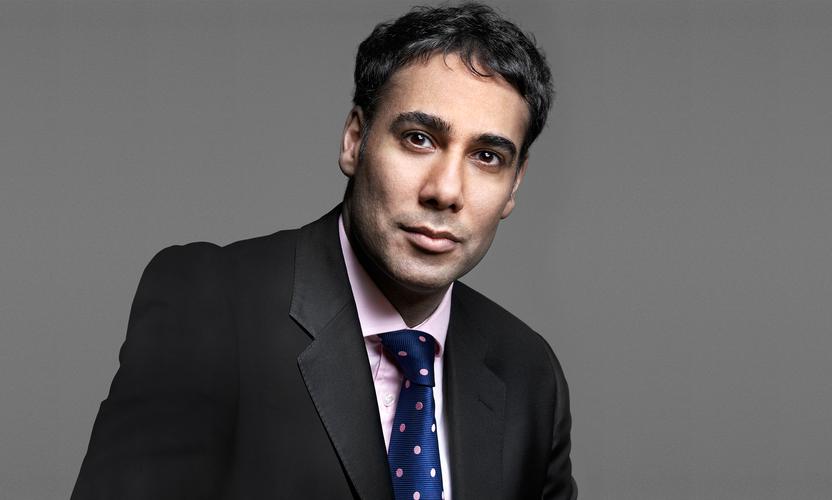Important information
The value of investments and the income from them can go down as well as up so you may get back less than you invest. Past performance is not a reliable indicator of future results.
These materials are provided for information purposes only and are intended only for the person or entity to which it is sent.
These materials do not constitute a distribution, an offer or solicitation to engage the investment management services of Fidelity, or an offer to buy or sell or the solicitation of any offer to buy or sell any securities or investment product.
Fidelity makes no representations that the contents are appropriate for use in all locations or that the transactions or services discussed are available or appropriate for sale or use in all jurisdictions or countries or by all investors or counterparties.
Investors should also note that the views expressed may no longer be current and may have already been acted upon by Fidelity. They are valid only as of the date indicated and are subject to change without notice.
This material was created by Fidelity International. It must not be reproduced or circulated to any other party without prior permission of Fidelity.
This communication is not directed at, and must not be acted on by persons inside the United States and is otherwise only directed at persons residing in jurisdictions where the relevant funds are authorised for distribution or where no such authorisation is required. Fidelity is not authorised to manage or distribute investment funds or products in, or to provide investment management or advisory services to persons resident in, mainland China. All persons and entities accessing the information do so on their own initiative and are responsible for compliance with applicable local laws and regulations and should consult their professional advisers.
This content may contain materials from third-parties which are supplied by companies that are not affiliated with any Fidelity entity (Third-Party Content). Fidelity has not been involved in the preparation, adoption or editing of such third-party materials and does not explicitly or implicitly endorse or approve such content.
Fidelity International refers to the group of companies which form the global investment management organisation that provides products and services in designated jurisdictions outside of North America Fidelity, Fidelity International, the Fidelity International logo and F symbol are trademarks of FIL Limited. Fidelity only offers information on products and services and does not provide investment advice personal recommendations based on individual circumstances.
Issued in Europe: Issued by FIL Investments International (FCA registered number 122170) a firm authorised and regulated by the Financial Conduct Authority, FIL (Luxembourg) S.A., authorised and supervised by the CSSF (Commission de Surveillance du Secteur Financier) and FIL Investment Switzerland AG, authorised and supervised by the Swiss Financial Market Supervisory Authority FINMA. For German wholesale clients issued by FIL Investment Services GmbH, Kastanienhöhe 1, 61476 Kronberg im Taunus. For German institutional clients issued by FIL Investments International – Niederlassung Frankfurt.
In Hong Kong, this content is issued by FIL Investment Management (Hong Kong) Limited and it has not been reviewed by the Securities and Future Commission. FIL Investment Management (Singapore) Limited (Co. Reg. No: 199006300E) is the legal representative of Fidelity International in Singapore. FIL Asset Management (Korea) Limited is the legal representative of Fidelity International in Korea. In Taiwan, independently operated by FIL Securities (Taiwan ) Limited, 11F, 68 Zhongxiao East Road, Section 5, Xinyi Dist., Taipei City, Taiwan 11065, R.O.C. Customer Service Number: 0800-00-9911#2.
Issued in Australia by Fidelity Responsible Entity (Australia) Limited ABN 33 148 059 009, AFSL No. 409340 (“Fidelity Australia”). This material has not been prepared specifically for Australian investors and may contain information which is not prepared in accordance with Australian law.
1C18-253






































